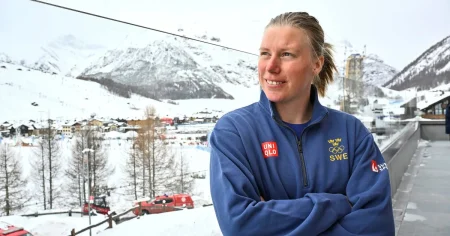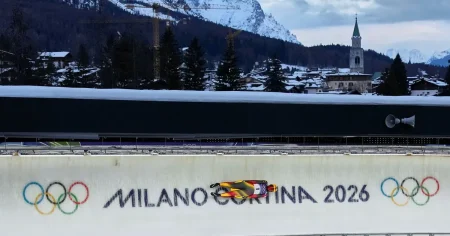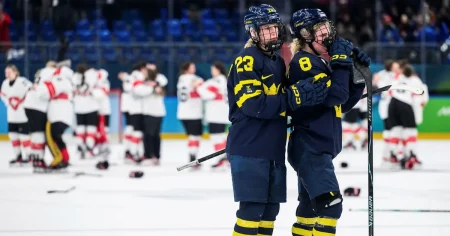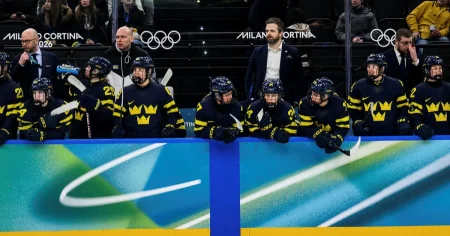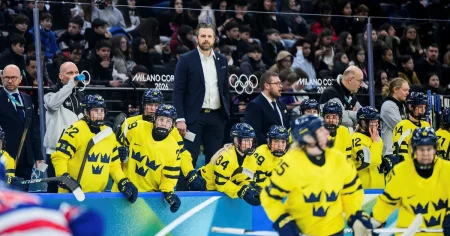Ben Chilwell, the English national team defender, is poised for a potential departure from Chelsea Football Club in the January transfer window, amid speculation linking him with a move to West Ham United. The left-back’s limited game time this season, coupled with Chelsea’s willingness to entertain offers, has fueled the transfer rumors. Chelsea manager Enzo Maresca confirmed Chilwell’s potential exit, stating that the player is considering his options and will be excluded from upcoming matches to avoid any injury that could jeopardize a transfer. This precautionary measure underscores the seriousness of the situation and suggests that a move could be imminent if a suitable offer materializes.
Chilwell’s tenure at Chelsea, while marked by a Champions League triumph in his debut season, has recently seen a significant reduction in playing time. He has only featured for 45 minutes this season, a stark contrast to his previous contributions, which include over 100 appearances for the club since his arrival from Leicester City in 2020. Maresca’s preference for Marc Cucurella in the left-back position has further marginalized Chilwell, prompting speculation about his future. The possibility of reuniting with former Chelsea manager Graham Potter at West Ham adds another layer of intrigue to the situation.
The potential move to West Ham presents an interesting dynamic. Potter, familiar with Chilwell’s capabilities from their shared time at Chelsea, could offer the defender a fresh start and a more prominent role. West Ham’s need for defensive reinforcements aligns with Chilwell’s desire for regular playing time, making it a potentially beneficial move for both parties. The transfer, if realized, would see Chilwell transition from a Champions League-winning squad to a team aiming to consolidate its position in the Premier League.
From Chelsea’s perspective, the willingness to part ways with Chilwell reflects the club’s ongoing squad restructuring and their pragmatic approach to player management. While Chilwell’s contributions, particularly his involvement in the Champions League triumph, are acknowledged, the current managerial direction favors other options. Accepting a reasonable offer for Chilwell would free up resources and allow the club to further refine their squad according to Maresca’s vision. This approach underscores Chelsea’s commitment to building a team that aligns with the manager’s tactical philosophy and long-term strategic goals.
The potential transfer saga involving Chilwell highlights the complexities of player careers in the demanding world of professional football. While individual accolades and past successes are valued, the pursuit of regular playing time often necessitates transitions. For Chilwell, the prospect of revitalizing his career under a familiar manager at a club with different aspirations presents a compelling opportunity. The transfer, if completed, would represent a significant shift in his career trajectory, offering a chance to regain prominence and contribute to a new team’s ambitions.
In conclusion, Ben Chilwell’s potential departure from Chelsea signifies a convergence of factors, including limited playing time, managerial preferences, and the player’s ambition for a more active role. The possibility of joining West Ham under Graham Potter’s guidance offers a promising pathway for Chilwell to re-establish himself as a key player in the Premier League. The transfer saga emphasizes the fluid nature of player careers and the dynamic landscape of professional football, where opportunities for growth and renewed success often emerge through strategic moves and calculated risks. Whether the transfer materializes or not, the situation underscores the constant evolution of football squads and the individual decisions players make to navigate their careers in this competitive environment.








